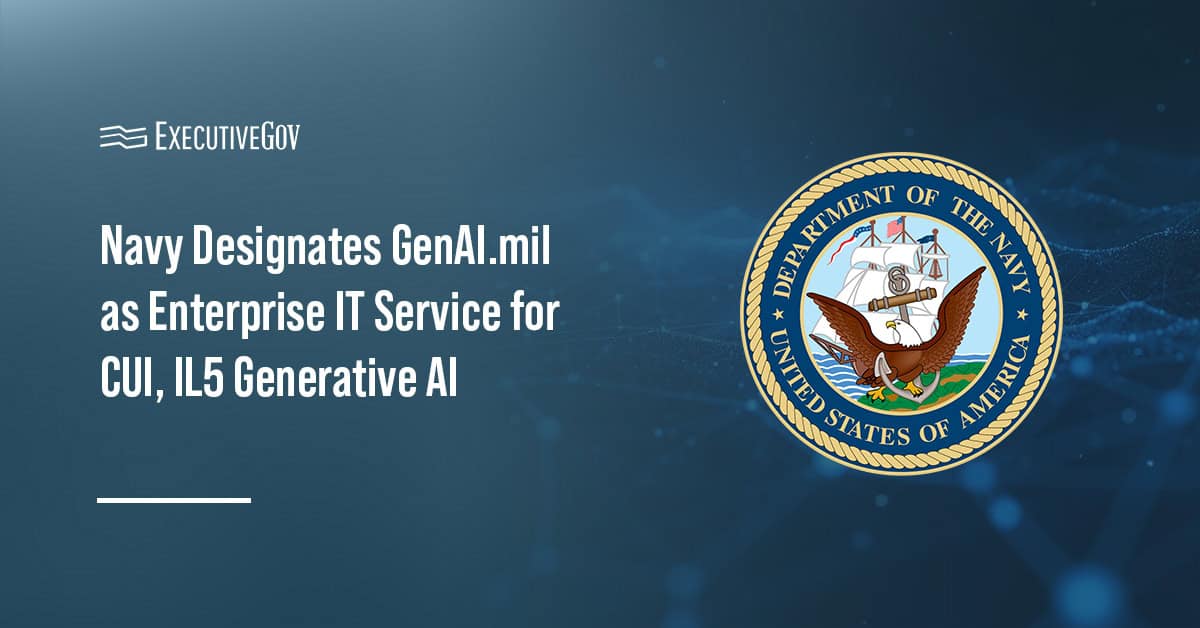The U.S. Army Network Enterprise Technology Command has worked with other Army components and Microsoft to support the service branch’s full-scale migration to Army 365.
Under the collaboration, the team successfully developed and implemented updated techniques and procedures for maintaining and securing Army 365, the service branch said on Tuesday.
Army 365 is the largest environment authorized at Impact Level 5 in the Department of Defense, delivering services to 1.5 million users throughout the Army.
Army commands have until Sept. 30, 2024, to migrate personal file share to Army 365 and until June 30, 2024, to transition organizational file share to the cloud-based collaborative platform.
To support the transition, NETCOM has formed a file share migration support team to offer technical guidance to Army commands and organizations.





